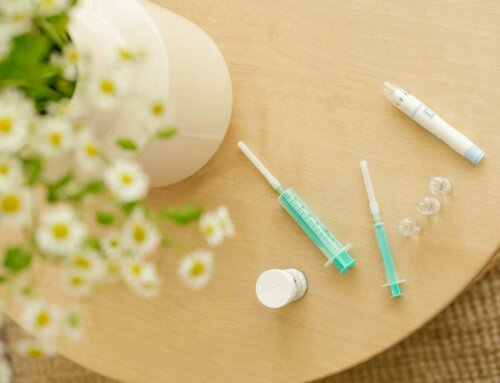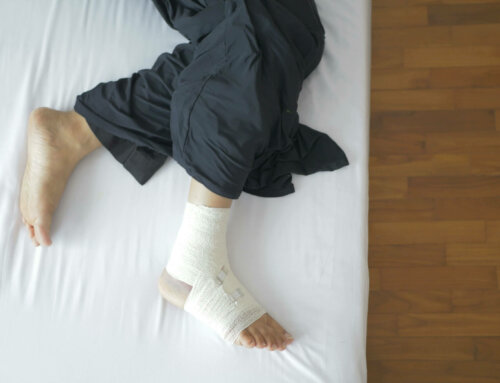During high school, I have worked especially hard to excel in two extracurricular activities, one which I chose and one which chose me. Four years ago, I changed my lifestyle by becoming a runner. Eight years ago, I changed my lifestyle by starting a regimen of counting carbohydrates, injecting insulin, and pricking fingers. Succeeding in both of these areas has demanded a lot of hard work, with great rewards as well as disappointments. Sports and chronic illnesses can, on their own, teach individuals about discipline, dedication, and persistence. For me, trying to make distance running and diabetes mix has been the biggest lesson of all.
Type 1 Diabetes is primarily a problem with balance – the balance of food, exercise, and insulin in the body, which is easily maintained in most people with healthy pancreases.
It’s sort of like an equation. And actually, having to think about everything I eat, test my blood sugar constantly and fine-tune my insulin doses might not be so bad if only there was some perfect mathematical formula. Unlike equations from algebra class, though, diabetes cannot be solved or balanced. There are tons of variables to throw into this one, and anytime I factor in running, my favorite activity, I end up with an inequality. Different types of workouts require different amounts of insulin; the number of carbs I eat before practice depends on how many miles I plan to run.
This is my full time job: to think like a pancreas. There are no vacations, and I cannot see retirement on the horizon, either, but there are benefits. In elementary school, diabetes provided me with ideas for science projects, from testing the impact of pizza versus orange juice on blood glucose to investigating the chemical components of insulin. My classmates loved watching me prick my finger to test my blood sugar, and when I got an insulin pump, some kids even said they were jealous.
To this day, people make me laugh when they ask about my “cell phone.” What is even funnier is that I used to let them think anything rather than explain what the device actually was. “Is that an iPod?” someone would ask. “Yea, uh huh,” I would reply. I just thought it was easier to let them wonder why I was the only kid in school allowed to have a music player than to tell them that I had a medical condition. If I told them that I had diabetes, then they might say “What’s that?” or, even worse, “My grandma has that because she ate too much sugar when she was our age.” It was too much trouble to explain that my type of diabetes is not the same as the diabetes that most grandparents have.
Today, I am happy to educate others about Type 1 and the role the pump plays in my treatment. People are genuinely interested in the capabilities of modern technology and they also know more than I used to give them credit for. Insulin pumps are so common that even airport security guards recognize them, and walking through a metal detector does not require a doctor’s note.
Mentoring other kids at a support group has enabled me to do some major promoting of insulin pumps – so much that sales representatives for pump companies have hired me to work at “vendor nights” where their products are showcased. I have also been the first to know about cutting edge diabetes technologies – such as the Dexcom Continuous Glucose Monitor, which I now wear and use to manage my blood sugars better.
Recently, I starred in a Discovery Health channel commercial geared toward kids with diabetes. This, in addition to advocating for embryonic stem cell research in front of large audiences, has given me proficiency in public speaking, which is why I joined the forensics team at school. Being hired to write regularly for the Diabeteens website has given me a taste of what it would be like to write professionally. Through my participation in research studies at the National Institutes of Health, I have learned more than I ever wanted to know about the endocrine system.
Because of these experiences, I can say that diabetes has fostered my interests in communications, biomedical ethics and medicine. Diabetes has also influenced my outlook on life. It has forced me to carefully examine the way I treat my body, and so I am more conscious than other teens of proper nutrition and stress management. I even write a “wellness column” in the school newspaper. Getting enough sleep, doing yoga, running, eating lots of fruits and veggies, guzzling water, sipping tea, and nurturing my mind with good books and puzzles is what makes me feel best. Perhaps I am trying to counteract all the harm that comes from constant high blood sugars. Living a “balanced lifestyle” may mean different things to different people, but to me, balance comes in the form of all the above habits, tipping the scale against diabetes.






Leave A Comment